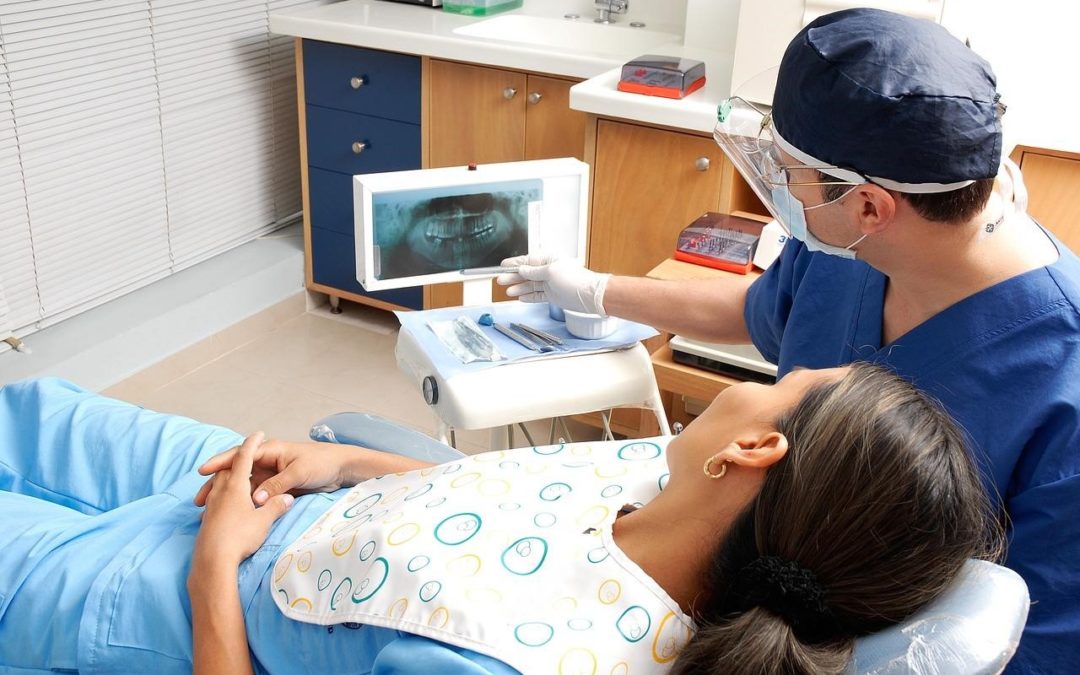Tooth aches are pain in or around the teeth and gums that can be distracting and unpleasant to deal with in your everyday routine. Understanding your symptoms and identifying the cause of your tooth ache can be determined by you and a professional dentist.
From our team here at Dentrix Dental Care, here is a list of the 10 most common causes of tooth aches and what we can do to help.
1. Tooth Decay
Tooth decay is the leading cause of tooth aches. Decay erodes and weakens the tooth, eventually creating a cavity. These cavities are very common, especially in children, but they are just as easily preventable with the right cleaning and care. Professional dentists are able to easily fill the cavity to eliminate any pain from decay and cavities.
2. Gum Disease
All types of gum disease result in inflamed, red, or bleeding gums in addition to tooth aches. Like decay, gum disease is preventable, but if it becomes too severe, it can lead to the breaking or loss of the teeth. Brushing and flossing daily can help mild gum disease subside and be eliminated completely.
3. Abscess of the Tooth
An abscess is characterised by pus around the tooth. It is caused by a bacterial infection. This often happens when a cavity is left untreated. In this case, dentists will have to drain the pus or give a root canal, but sometimes, the tooth is unable to be saved.
It is important to visit a dentist in the earlier stages of tooth aches to prevent this from happening.
4. Tooth Fractures
A fractured or cracked tooth can occur during a physical injury, such as during a sports injury. Biting down too hard on harder foods can also cause a tooth to crack. Mouth guards and fillings can prevent and help these injuries heal.
5. Excessive Grinding or Repetitive Movement
Many people find themselves grinding their teeth throughout the day or even through the night, which can lead to aches and pain in the jaw.
Repetitive jaw movement, like the movement when you chew gum or tough foods, can also cause pain. Be careful not to chew gum excessively and try a mouth guard for excessive teeth grinding in your sleep.
6. Improper Flossing and Brushing
Brushing or flossing too hard can result in bleeding gums and, ultimately, tooth aches. If you find yourself brushing too hard, try purchasing a brush with softer bristles to prevent pain while still supporting good dental hygiene.
7. Impacted Wisdom Teeth
Wisdom teeth grow when you are between the ages of 17 and 21. While these teeth do not always interfere with the rest of your permanent teeth, sometimes they can become impacted, meaning they are trapped in the jaw, underneath the permanent teeth.
In case of pain, infection, or damage to the permanent teeth, these wisdom teeth will need to be removed.
8. Misaligned Teeth
Misaligned or crooked teeth can press against other teeth, causing pain in the mouth. Braces and mouth surgery can help realign the teeth to prevent this pressure.
9. Braces
Getting braces can also cause aches. Though some amount of pain is normal for braces and other alignment procedures, excessive pain and discomfort would be something to discuss with a dentist or orthodontist, so they may readjust braces and prevent the pain.
10. Temperature Sensitivity
Weakened enamel and weakened dentin (where the tooth’s nerves are located) can cause sensitivity to hot or cold foods and drinks. Special kinds of toothpastes made for more sensitive teeth can help with this temperature sensitivity.
How to Treat Tooth Aches?
There are a variety of causes for tooth aches that can result in more pain down the line if not properly treated. If your tooth ache lasts more than 1 or 2 days or results in a fever, seek professional help from a dentist or orthodontist as soon as possible.

